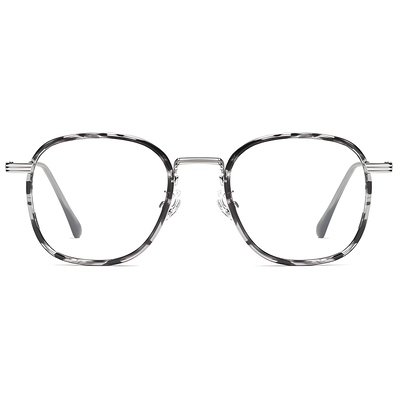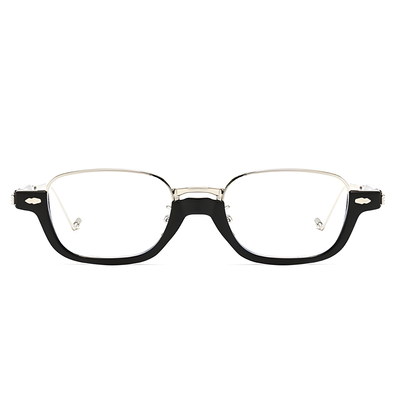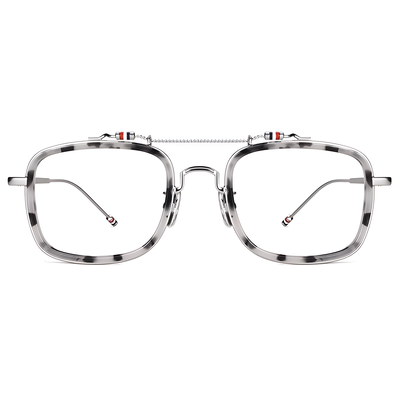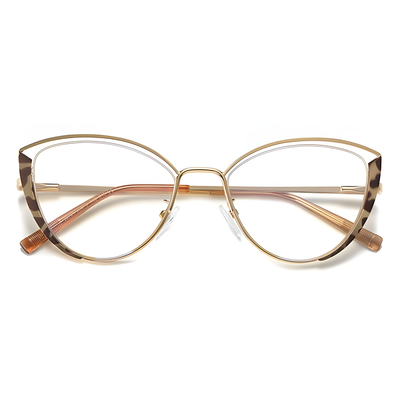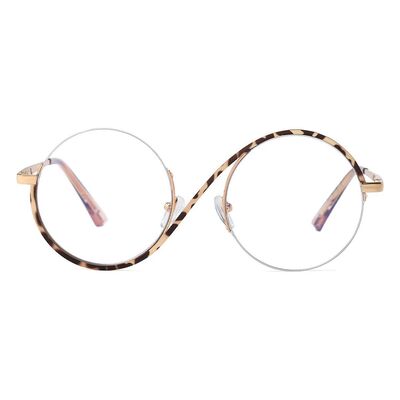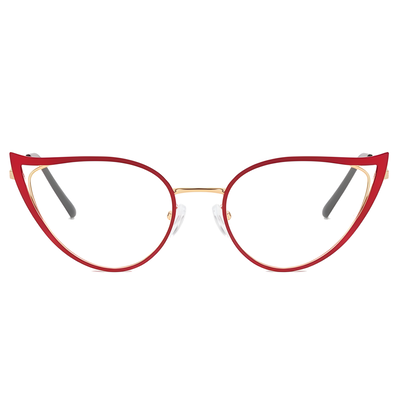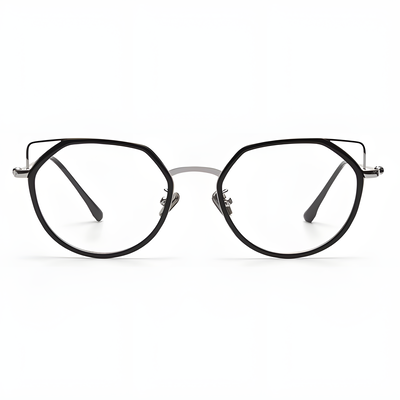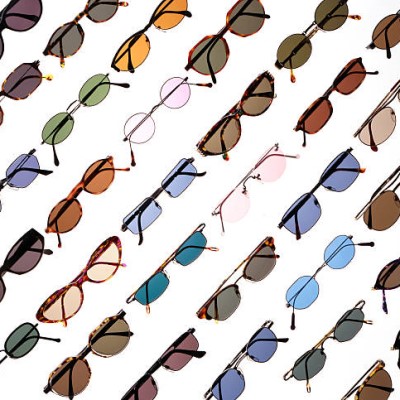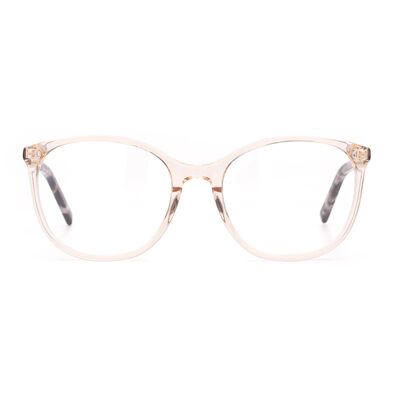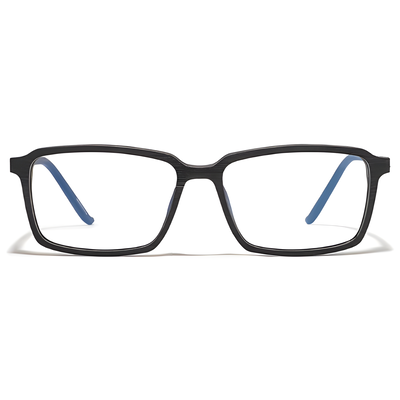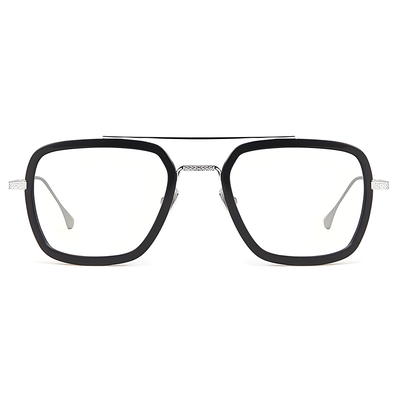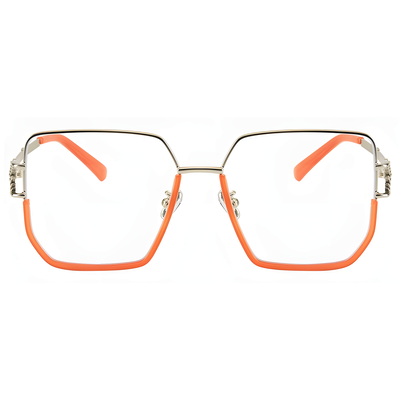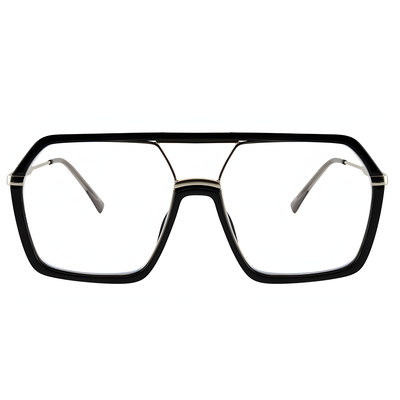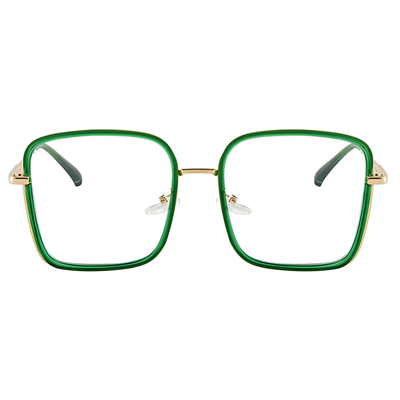Can you drive with dilated eyes? If you are wondering whether you can safely drive when your eyes are dilated, this article is for you. We will discuss everything about what is eye dilation, driving with dilated eyes, and what measures to follow while driving.
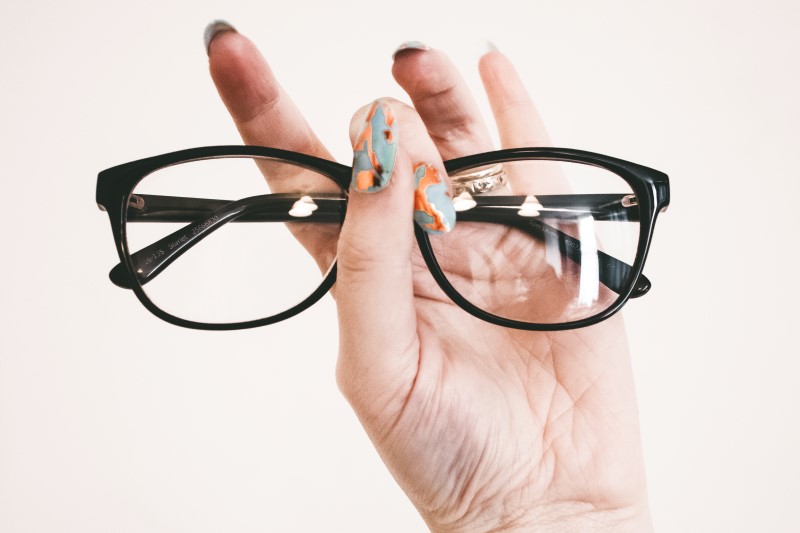
What is eye dilation?
Eye dilation is a common physical examination done by professional ophthalmologists on a patient’s eyes. The doctor just applies eye drops to your eyes. The eye drops widen the pupil of your eyes and allow light to enter through your eyes. It takes about half an hour for the medicine to take effect and dilate your eyes enough for the ophthalmologist to perform an examination.
Usually, doctors conduct this physical examination procedure to check out the condition of the back of your retina. The procedure, however, does not create any discomfort in your eyes. But when the examination is over, you might feel a little uncomfortable. Your vision might be a bit blurry, and your eyes will be sensitive to light, given the amount of light entering your eyes. This condition may last anywhere from four hours to twenty-four hours. After the medicine wears off, your eyes will feel normal again.
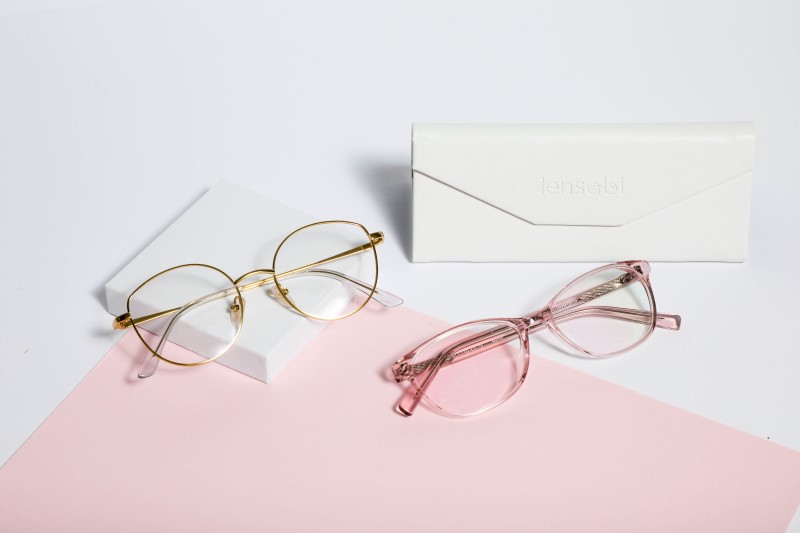
Can you drive with dilated eyes?
Have you taken an eye dilation test and found out your eyes are dilated? And are you worried that you’ll not be able to drive again? Well, you are not to blame for that. Because dilated eyes can cause some slight inconvenience in your everyday life. And driving is a part of that.
Driving is a crucial necessity in your everyday life, especially if you don’t have access to any other convenient transportation as a substitute for driving. And driving vehicles on the road is not convenient and risky as well if you don’t have proper eyesight. So, the real question is can you drive with dilated eyes?
Well, that answer depends on the condition of your eyes. Some doctors suggest that you can drive for a certain duration and up to a certain limit. And some advice not to drive at all. According to the expert’s opinion, if your eyes can adjust to the road without discomfort while driving, then driving is okay. Although it is still not recommended to drive for long hours, wearing sunglasses is a must.

What measures to follow while driving with dilated eyes?
Prevention is better than cure. Well, driving while your eyes are dilated is not recommended. However, if you must drive, it is better to take some precautions. This is important because it will ensure that you and others on the road are safe.
First of all, wear sunglasses while driving during the day, especially if it’s bright outside. Since your eyes are more sensitive to light when they are dilated, it will prevent bright light from entering your eyes.
Secondly, you need to avoid driving at night. Even if there are enough streetlights on the road, driving at night with low lights can make it difficult to see the road properly and create extra pressure in your dilated eyes.
Drive slowly and avoid overtaking on the road. If you are driving fast, your eyes have to process more visuals in a shorter period, and it can create pressure in your eyes. Driving slowly will also give you more time to respond to any hasty situation on the road.
Maintain a safe distance from other cars on the road while driving. And it is a good thing to keep more distance between you and the car driving in front of you. That way you will have enough time to respond if the car in front of you suddenly breaks, changes lanes, or slows down.
Avoid driving all by yourself or driving only with people who don’t know how to drive. If you are driving with dilated eyes or have been dilated recently, have a backup driver who can take over any situation on the road and drive you back to safety if you are unable to drive.

Wrapping Up
So, can you drive with dilated eyes? We have answered that question in this article. But in the end, it is you who decides whether you can drive with dilated eyes, depending on your situation and how comfortable you feel. If you feel all right, you can drive, work, read, and do outdoor activities as well. But following the precautions is highly recommended while doing that. Hope this article helped you with the necessary information that you are looking for.
